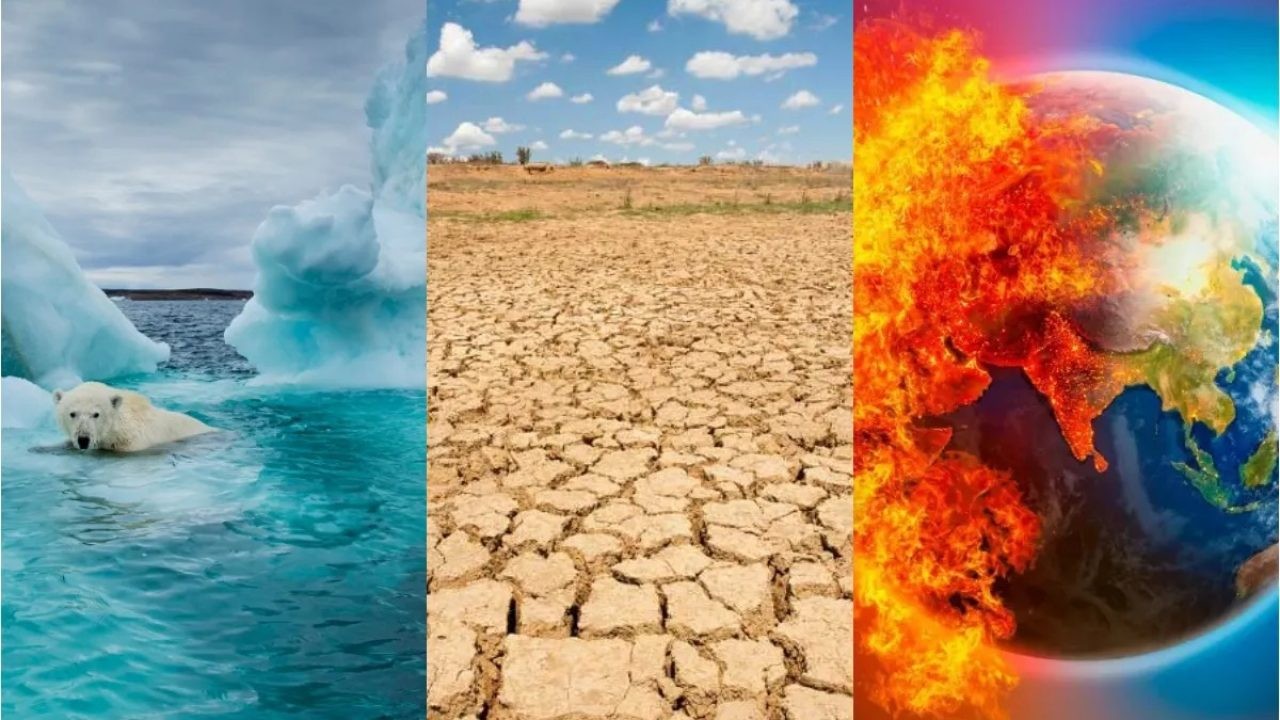
From Global Warming to Global Boiling: The Accelerating Climate Crisis
The term "global warming" has been the mainstay of environmental conversation for decades. Scientists, activists, and policymakers around the globe have sounded the alarm, describing a planet in which average temperatures are rising due to the increased concentration of greenhouse gases in the Earth's atmosphere. Today, however, the intensity and frequency of climate extremes have moved beyond warming, and many argue we are experiencing what can be referred to as "global boiling."
When we talk about global boiling, we refer to the escalating climate phenomenon where the Earth's temperature is increasing at an alarming rate, bringing about unprecedented heatwaves, severe droughts, and wildfires. The phrase aptly captures the sheer urgency and heightened impact of what the planet is currently undergoing, driven by relentless carbon emissions and other greenhouse gases.
Global boiling is more than a simple terminology change; it serves as an amplified distress signal. The world is becoming hotter than it has ever been in recorded history, with 19 of the 20 warmest years on record occurring since 2001. Extreme heat events are no longer an anomaly; they are becoming the norm, affecting vast regions worldwide and causing disastrous impacts on human health, agriculture, and wildlife.
One of the most potent examples of this 'boiling' is the increasing frequency and intensity of heatwaves. Europe, North America, Australia, and parts of Asia have all experienced unprecedented temperatures in recent years, with heat records continually being broken. In 2020, Death Valley in the US recorded a temperature of 54.4°C (130°F) - possibly the highest ever reliably recorded on Earth.
Moreover, the warming planet is leading to drier conditions, resulting in more intense and frequent droughts. These droughts have precipitated devastating wildfires that ravage landscapes and communities alike, from Australia's catastrophic bushfires in 2019-2020 to the recurring wildfires in California and the Mediterranean region.
Global boiling also signifies the rapid melting of ice caps and glaciers, contributing to rising sea levels, which threaten coastal communities and small island nations. The Arctic sea ice is shrinking at a rate of 13.1% per decade, and Greenland lost an average of 286 billion tons of ice per year between 1993 and 2016.
While the situation is dire, it is not hopeless. Global boiling should serve as a rallying cry, sparking immediate and robust action towards sustainable living, clean energy, deforestation prevention, and greenhouse gas emission reduction. Governments, corporations, and individuals alike need to commit to decisive climate action now, not later.
Addressing this crisis requires adopting ambitious climate policies, scaling up renewable energy, pushing for energy efficiency, and promoting sustainable agricultural practices. Additionally, investing in climate education and fostering a circular economy can empower individuals to make eco-friendly lifestyle choices.
The transition from global warming to global boiling is not just semantic. It underscores the rapid escalation of the climate crisis and the urgent need for accelerated action. It serves as a stark reminder that the world is not just slowly warming; it is rapidly boiling, and without swift, collective action, the consequences could be catastrophic.
#GlobalBoiling #ClimateCrisis #Heatwave #Wildfires #RisingSeaLevels #ClimateChange #GlobalWarming #SustainableLiving #RenewableEnergy #ClimateAction #GreenhouseGasEmissions #EcoFriendlyChoices #ClimatePolicies #CircularEconomy #ClimateEmergency